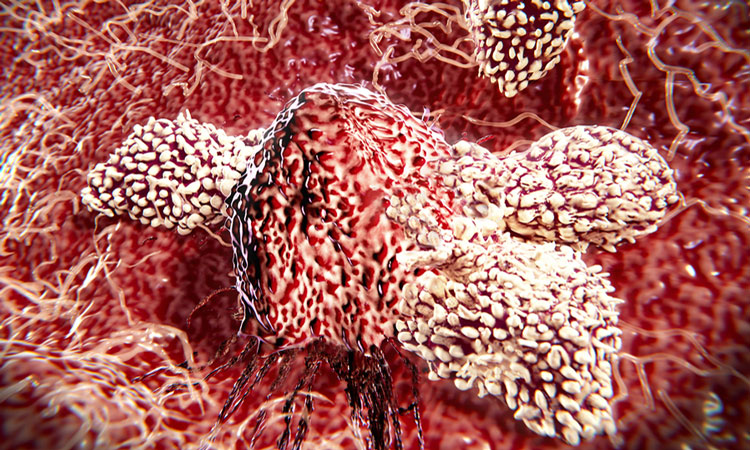Immunotherapy success for triple-negative breast cancer
Posted: 22 October 2018 | Iqra Farooq (European Pharmaceutical Review) | No comments yet
A combination of chemotherapy and immunotherapy could soon be used in NHS hospitals for triple-negative breast cancer to extend patient survival…


An immunotherapy trial showed that the lives of individuals with triple-negative breast cancer could be extended by up to ten months.
Research led by scientists at Queen Mary University of London and St Bartholomew’s Hospital has shown that using a combination of both chemotherapy and immunotherapy the body’s own immune system can be tuned to attack triple-negative breast cancer.
The team found that using this treatment reduced the risk of cancer progression or death by up to 40 percent. With many young women affected by the disease, and more diagnosed between 40 and 50 years of age, an effective treatment is paramount. The standard treatment is chemotherapy, which patients often develop resistance to. The cancer then spreads, and survival is often only 12 to 18 months.
Professor at Queens University of London explained the results: “We are changing how triple-negative breast cancer is treated in proving for the first time that immune therapy has a substantial survival benefit. In a combined treatment approach, we are using chemotherapy to tear away the tumour’s ‘immune-protective cloak’ to expose it as well as enabling people’s own immune system to get at it.”
Standard weekly chemotherapy was combined with atezolizumab, an immunotherapy medication which was administered once every two weeks. The researchers explained how the therapy combination works by chemotherapy ‘roughening up’ the surface of the cancer, enabling the immune system to better recognise and fight the cancer as a foreign object.
“Triple-negative breast cancer is an aggressive form of breast cancer; we have been desperately looking for better treatment options. It is particularly tragic that those affected are often young, with many themselves having young families. I’m thrilled that by using a combination of immunotherapy and chemotherapy we are able to significantly extend lives compared to the standard treatment of chemotherapy alone,” explained Prof Schmidt.
The team hope the therapy will become available on the NHS quickly, and is currently under review by health authorities.
The study was published in the New England Journal of Medicine and presented at the European Society for Medical Oncology 2018 Congress.
Related topics
Clinical Development, Clinical Trials, Drug Development, Immunotherapy, Research & Development (R&D), t-cells, Therapeutics









